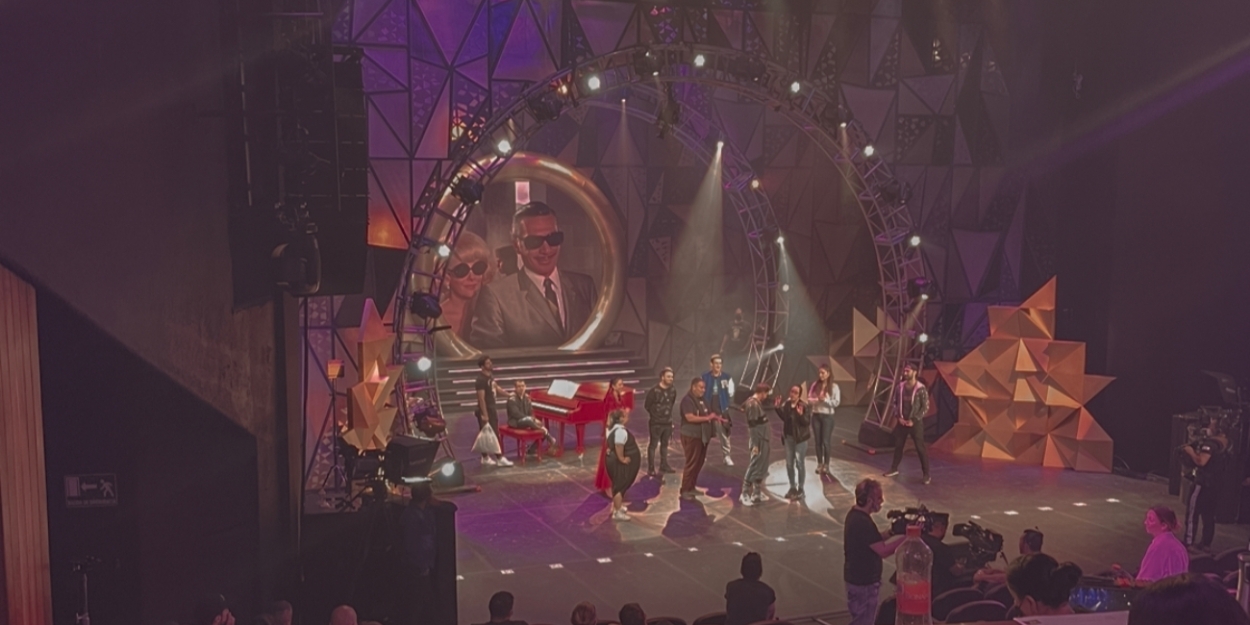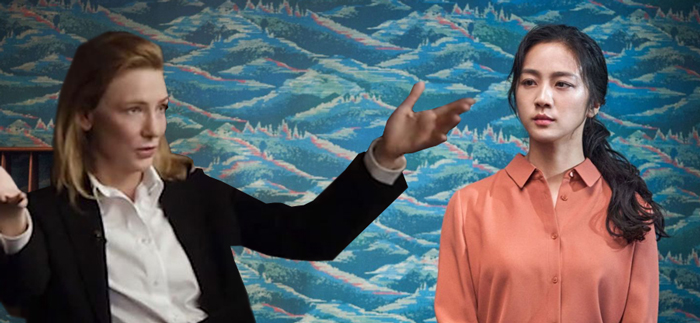GUEST BLOG: Lois Griffiths – Our vision of liberation

COMMITTED PALESTINIAN LEADERS AND INTELLECTUALS SPEAK OUT
edited by RAMZY BAROUD and ILAN PAPPÉ
OUR VISION FOR LIBERATION is an exciting book, a beautiful book, a real treasure. Twenty-seven Palestinians, distinguished in a variety of fields, tell their stories: who they are, what it means to be Palestinian, their efforts to keep alive the knowledge of the past, and to maintain and develop their cultural heritage.
The opportunity to contribute to this book allowed the authors to tell the outside world and young Palestinians that despite discouraging and unhelpful political leadership, freedom and liberation will come.
The struggle for liberation requires keeping alive the knowledge of the history of the people. Archaeologist Hamdan Taha describes the importance of museums and galleries, and UNESCO heritage sites, in preserving cultural memory.
Hasan abu Nimah, born in 1935, evokes life in the small rural village of Battir. He remembers a quiet way of life that “must have existed for dozens of generations across Palestine” and which was not interrupted until world powers beyond our control decided to designate our homeland like someone else’s property.
Hasan abu Nimah’s contribution is aptly titled, A personal journey through the Palestinian tragedy . During his four-decade diplomatic career, representing Jordan in the United States, Europe and the UN, he “dealt with the question of Palestine almost every day”. The “tragedy of Palestine” is summed up so clearly: the British replacing the Ottomans in 1917, the 1922 Mandate and British involvement in Zionism, the British brutally crushing the revolt of 1936-39, the partition of 1947, Deir Yassin, the failure of Arab states to defend Palestine, the secret Oslo PLO negotiations in 1993 undermining his own delegation in Washington.
Still, Hasan abu Nimah believes the time will come when “the country will be whole again…The only question is how many more precious lives will be wasted before we get there.”
Scientists, writers, doctors, musicians, historians and filmmakers contribute to OUR VISIONsharing their efforts to preserve Palestinian culture and memories.
Australian-Palestinian Samah Sabawi explains: “I believe we all resist using our best skills. Mine writes. So I will continue to write.
“I write with this incurable Palestinian hope.”
Even embroidery plays a role. The Palestinian History Tapestry Project was jointly created by women from different places.
Each contributor, highly qualified academically, shares their personal stories of childhood memories. Some souvenirs :
Grow like a 3rd generation of refugees in the Khan Younis refugee camp in Gaza,
Growing up in Nazareth, that is to say in Israel itself, a “homeland that told a story that contradicts my existence”
At the age of 12, I helped on the family farm in the Hebron area in 1967 when the war started
Solidarity of Palestinian Chileans
As a small child, the family was expelled from Jerusalem and therefore had to leave their home and abandon their dog
A common theme is to learn from their elders. Scientist Mazin Qumsiyeh recalls: “My maternal grandfather taught me to appreciate and love books. My uncle Sana “taught me the love of nature”.
OUR VISION FOR LIBERATION is up to date. References are made to the events of May last year when efforts to “cleanse” East Jerusalem, including the attacks on Al-Aqsa Mosque, were met with opposition from everything Palestinians. And yet, in this Ramadan 2022, the violence, including the intrusion of heavily armed violent settlers and IDF members into Al-Aqsa, is repeating itself.
Hanadi Halawani grew up in East Jerusalem. Her grandmother’s love for Al-Aqsa inspired Hanadi to qualify as a teacher of the Quran and later to become Murabita, a woman whose “main mission in life is to guard against all attempts to denigrate Al- Aqsa and to deny the rights of Palestinians in the occupied city.” Her activism has a price: she has been banished from the mosque compound more than once, assaulted by soldiers, arrested.
Last year, when Al Aqsa Mosque was attacked and overrun by armed settlers and the Israeli army, Father Manual Musallan called on Christians to help fellow Palestinians defend the mosque. Fr Manual is doing it again this year.
He writes “I am a Palestinian Arab Christian”. “I will fight with the rest of the Palestinian resistance fighters for the liberation of the holy house. “
Divide and conquer tactics against the Palestinians have not worked.
Each contribution in OUR VISION FOR LIBERATION is special. Each article contributes to a realization that Palestinians still exist, still challenge global society to admire and respect a people who, despite cruel treatment, including lies and lies, continue to believe in their right to live as a free people.
There is something very special about the Palestinians. Khalida Jarrar, arrested several times in administrative detention, used her arrest to demand educational opportunities for other women detainees.
My husband latched onto the book and started reading it before I had the chance. He told me that his first thought, even before starting to read it, was to ask himself, freed from what? When he finished and finally handed it to me, he said“no one even mentioned revenge.”
So true. In the whole book there is not a word of revenge.
About the liberation, Samah Sabawi explains: “To be Palestinian is to create an ethic rooted in the struggle for justice. The Liberation of Palestine embodies what it means to be steadfastly committed to justice, truth, dignity and freedom, no matter what part of the world you find yourself in.
Palestinians will be liberated, as everyone should be: free to tell and share their stories, free to know their own history and culture, free to be recognized and respected as members of global human society.
The Palestinians will free themselves. They will tell us how to help.
And when the Palestinians are liberated, people everywhere will understand that they too can be liberated. “Another world is possible.”
I will leave the last word to Mazin Qumsiyeh. We receive his regular report on human rights. They always end with the message “Stay Human”.
Lois Griffiths is a human rights activist.



